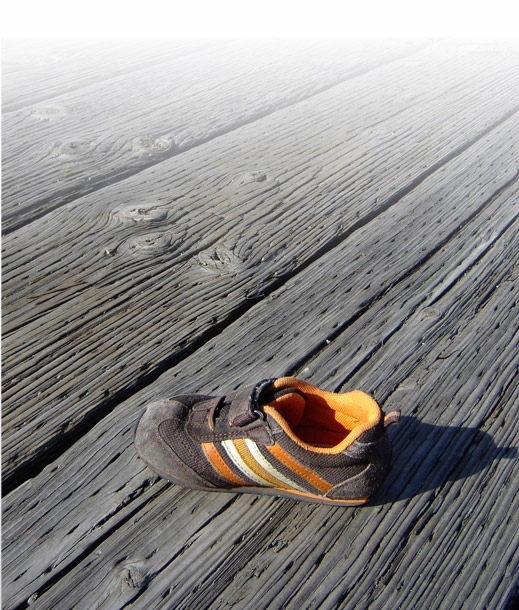Do you still remember the first baby not breathing call? Does your stomach knot up when you drive by that certain play ground? Do you wonder why, after all of this time you can’t seem to let this one specific call go like all of the other calls for service in your career? Is the death of a child somewhat different than any other medical call?
This web site is for first responders (communications, EMTs, police, fire, medical examiners) who witness, attend to or investigate the death of a child during their shift.
There are books on death notification and classes on grief reactions you can expect from the family members at crime scenes. Much has been written for teachers and parents when a child dies; but this web site is for emergency service workers.
This site is NOT about:
- How to perform your job when
a child dies - How to handle the death of your own child, outside your line of duty
This site IS about:
- Why the death of a child may affect a first responder differently
- Helpful coping strategies for dealing with normal reactions after an abnormal event
- Resources for peer support teams

